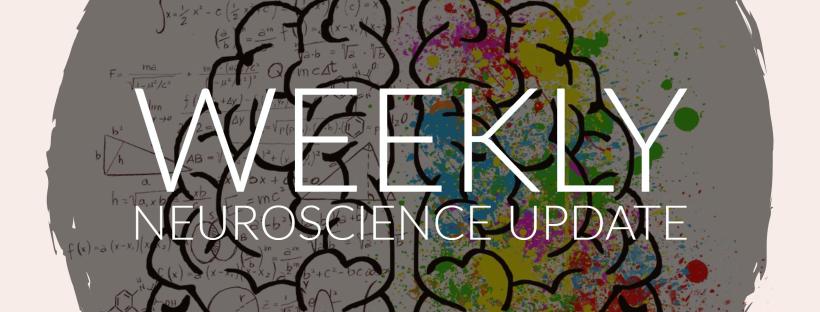
Researchers argue COVID-19 should be considered as an inflammatory disease as the severity of the infection is associated with a dysregulation of the inflammatory immune response.
Cortical thickness and regional brain connectivity pay an equally important role in linking brain and behavior.
Adolescents and adults whose mothers experienced depression, either during pregnancy or shortly after, had a 70% increased risk of being diagnosed with depression.
A research team has concluded that personal perception can be an important indicator for the early detection of Alzheimer’s disease.
A pair of recently published studies add to our growing understanding of how fine particle pollution — the tiny, inhalable pollutants from cars and power plants — impacts our brains.
Scientists have discovered that humans use the visual part of their brain when processing sounds in the dark, even if they have never had sight in their lifetime.
A team of researchers has released new findings in Translational Psychiatry in an effort to better comprehend how gene expression associated with inflammation may be used to establish people with depressive disorders who are responsive to drug treatments.
Finally this week, new research shows that a patient’s pupils can reveal if they have suffered a traumatic experience in the past.
